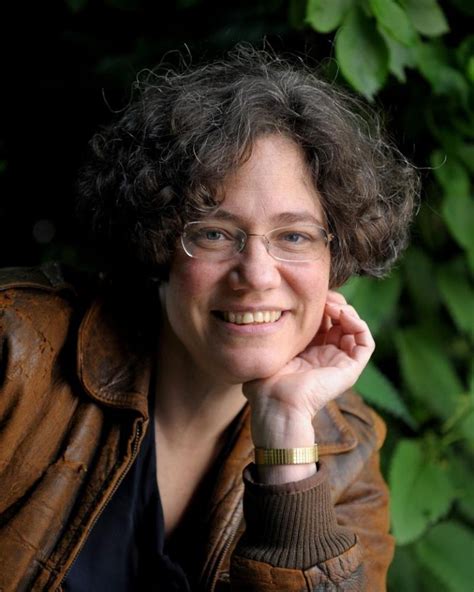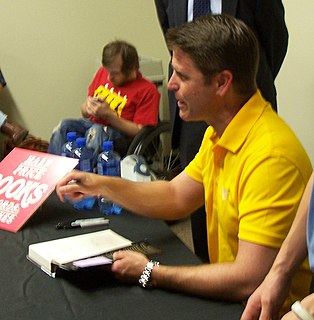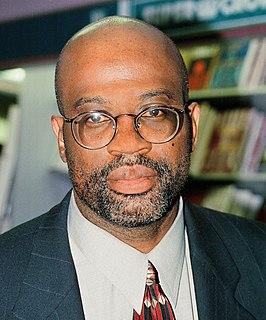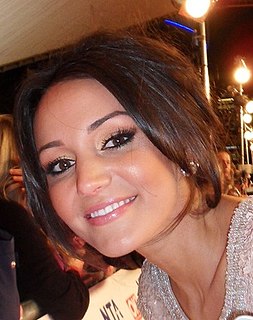A Quote by Elizabeth Wein
I think as readers we put ourselves in the protagonist's place because we want to be like that person. That's why sometimes we don't like protagonists who aren't all that nice; we want to relate to the protagonist.
Related Quotes
I really loved ["The Love Affairs of Nathaniel P" by Adelle Waldman]. It's having a really hot moment. Unlike many hot books, it's actually really wonderful. I tend to have that reaction: I don't want to read it if everyone thinks it's cool. It was a really interesting insight into being young and male. Now that made me feel really thankful for my boyfriend and really thankful because he wasn't like that protagonist, but I know so many people who are like that protagonist.
First person allows deeper insight into the protagonist's character. It allows the reader to identify more fully with the protagonist and to share her world quite intimately. So it suits a story focused on one character's personal journey. However, first person shuts out insights into other characters.
I think that sometimes people fear continuity because it can turn into repetition - and there's a lot of artists who are really good at creating something new all the time. But for me it's about the consistency in my story. Because after all, I'm the protagonist in everything. All the songs are about my life so naturally there will be some connection because I'm still the same person I've always been.






































